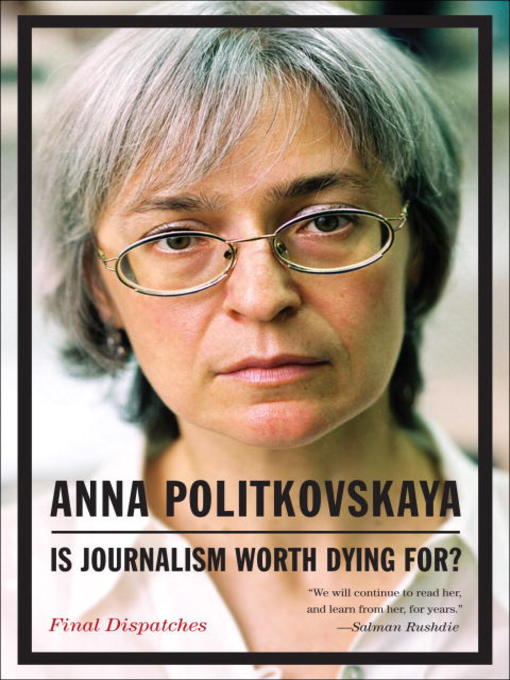- Available now
- New kids additions
- Eat Green
- New teen additions
- Party Grub
- Big Brain Moves
- Pep Talk
- Romantasy
- Armchair Travel
- Great reads without the wait!
- See all ebooks collections
- Available now
- Try something different
- Lives of the Eccentrics
- Listen While You Clean
- Books for Road Trippers & Travelers
- New audiobook additions
- Listen to a Mystery
- Listen & LAUGH
- Most Popular Audio Under 3 Hours
- Read by the Author
- Senior Sleuths
- See all audiobooks collections
- News & Politics
- Health & Fitness
- Celebrity
- Family & Parenting
- Fashion
- Business & Finance
- Travel & Outdoor
- Food & Cooking
- Tech & Gaming
- Sports
- Crafts & Hobbies
- Photography
- Art & Architecture
- See all magazines collections


